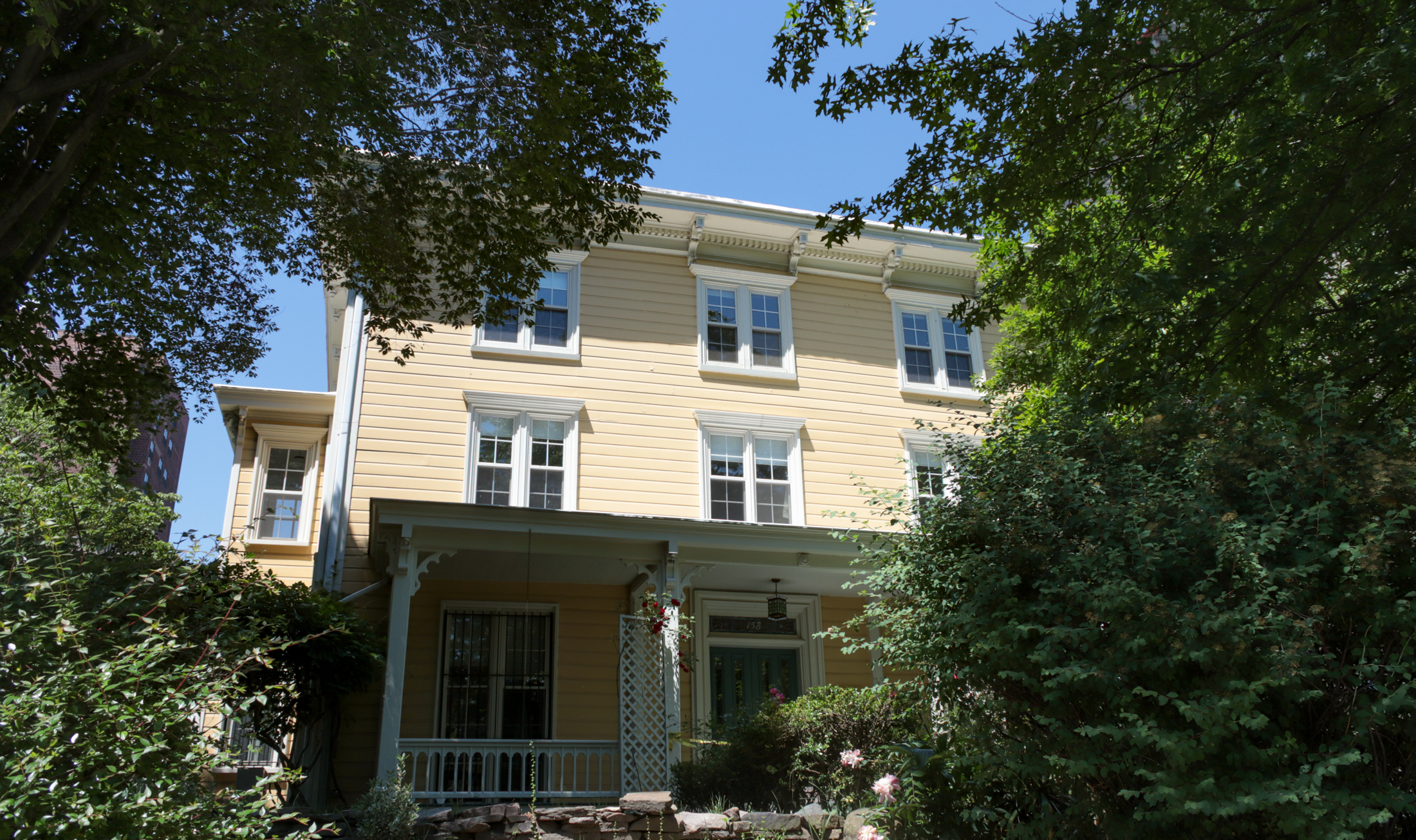Maybe Subprime Loans Aren't Pure Evil
For the past few months, barely a day has gone by without some newspaper or politician (or blog!) trumpeting the evils of sub-prime mortgages. The case is simple: Predatory lenders foist a complicated new kind of mortgage on a poor, unsuspecting victim which leads to foreclosure two or three years later when the rate ratchets…
For the past few months, barely a day has gone by without some newspaper or politician (or blog!) trumpeting the evils of sub-prime mortgages. The case is simple: Predatory lenders foist a complicated new kind of mortgage on a poor, unsuspecting victim which leads to foreclosure two or three years later when the rate ratchets up. An article in today’s New York Times, however, provides an interesting counterpoint to the hysteria. The article cites a new study conducted by Kristopher Gerardi and Paul S. Willen of the Federal Reserve Bank of Boston and Harvey Rosen of Princeton called Do Households Benefit from Financial Deregulation and Innovation? The Case of the Mortgage Market which makes the case that the enormous creativity in the mortgage market since 1970 has, on balance, been very favorable. As Professor Rosen explains, just because one is poor doesn’t mean you won’t make rational use of more creative mortgage products:
Our findings suggest that people make sensible housing decisions in that the size of house they buy today relates to their future income, not just their current income and that the innovations in mortgages over 30 years gave many people the opportunity to own a home that they would not have otherwise had, just because they didn’t have enough assets in the bank at the moment they needed the house.
Rosen also points out that clamping down on the newer mortgage products may end up hurting the very people everyone thinks they’re trying to protect.
‘Irresponsible’ Mortgages Have Opened Doors to Many [NY Times]





http://cartoonbox.slate.com/hottopic/?image=6&topicid=154
I am completely baffled by the nonsense some of you are spouting.
1. If I am a lender, not a predatory lender… just a lender, and I’m evaluating the loan application of a person with a very low credit score, should I just loan him/her the money at a normal prime rate “just because”? or should I offset the inherent risk of default by charging a higher premium?
2. If I am a borrower, and I treat bills like the birthday collection plate that comes around the office. “I’ll contribute next time” or I’m a borrower, that just so happened to get caught in a bind a couple times… DO I expect that I can get a prime mortgage rate like all the folks that pay their bills on time? NO.
Sub-prime loans are not the evil. Predatory lending yes, sub-prime… NO.
Low income & poor credit ratings are NOT synonymous. I know you folk would LIKE it to be, but it’s not. There are folk making well over 6 figures, that have credit scores below 640.
Subprime mortgage are more damaging to the lenders that originate and syndicate them and the investors that subsequently invest in them.
how is a subprime loan evil if its all you can get? should all of us subprime types admit defeat and never start earning equity on our homes, and just throw $2000 a month down the drain on rent for the next two years? because if you want to live like a human being in a decent neighborhood, thats what it costs (at least 1700). so we should just not try because theres a chance we wont be able to afford our home at some point in the future. unless im mistaken, all the things that may make you unable to repay your lender would also make you unable to pay your rent. give me a break.
how is a subprime loan evil if its all you can get? should all of us subprime types admit defeat and never start earning equity on our homes, and just throw $2000 a month down the drain on rent for the next two years? because if you want to live like a human being in a decent neighborhood, thats what it costs (at least 1700). so we should just not try because theres a chance we wont be able to afford our home at some point in the future. unless im mistake, all the things that may make you unable to repay your lender would also make you unable to pay your rent. give me a break.
“Maybe Subprime Loans Aren’t Pure Evil”
True. They’re only 98% Evil. The other 2% are Greed and Stupidity.
I find this conversation disturbing. First of all, granted not everyone needs to “own” their home, but everyone needs housing. Whether you rent or own, there is a need for housing.
Ideally you get the most secure housing possible. By secure I don’t mean a safe neighborhood, I mean a housing situation that has a minimal risk of eviction. The problem with sub-prime mortgages as they relate to people with with faulty credit or low incomes is that they increase the risk involved in housing. Since employment risks at the lower end of the job market are higher already, by selling or promoting high risk mortgages, you are compounding the risk of poverty and homelessness in the event of some personal crisis – job loss, illness, etc. Increased employment volatility, more pressure for personal insurance against health crises, reductions in social transfers, and sub-prime mortgages and other ‘innovative’ financing contribute to a general privatization of risk. For people of means, this is not necessarily a problem, since you are effectively self-insured against crisis by your economic situation. For lower income people, already vulnerable, sub-prime mortgages are one more layer of vulnerability.
conversations like this are exactly what is ruining new york and brooklyn.
some of you wise ass knowitall finance types should realize that the reason brooklyn was an interesting destination in the first place was because of the creative and working class types who moved in and lived here when no one else would.
you should ACTUALLY be welcoming this person instead of alienating them and hoping that another wallstreeter will move in and add yet another starbucks to the hood.
Seriously, calm it down people.
Co-op closing costs are less than condo/home closing costs.
And I prefer people who dont call other peoples posts/math “absurd” when they don’t know what the hell they are talking about.
Welcome to Brooklyn